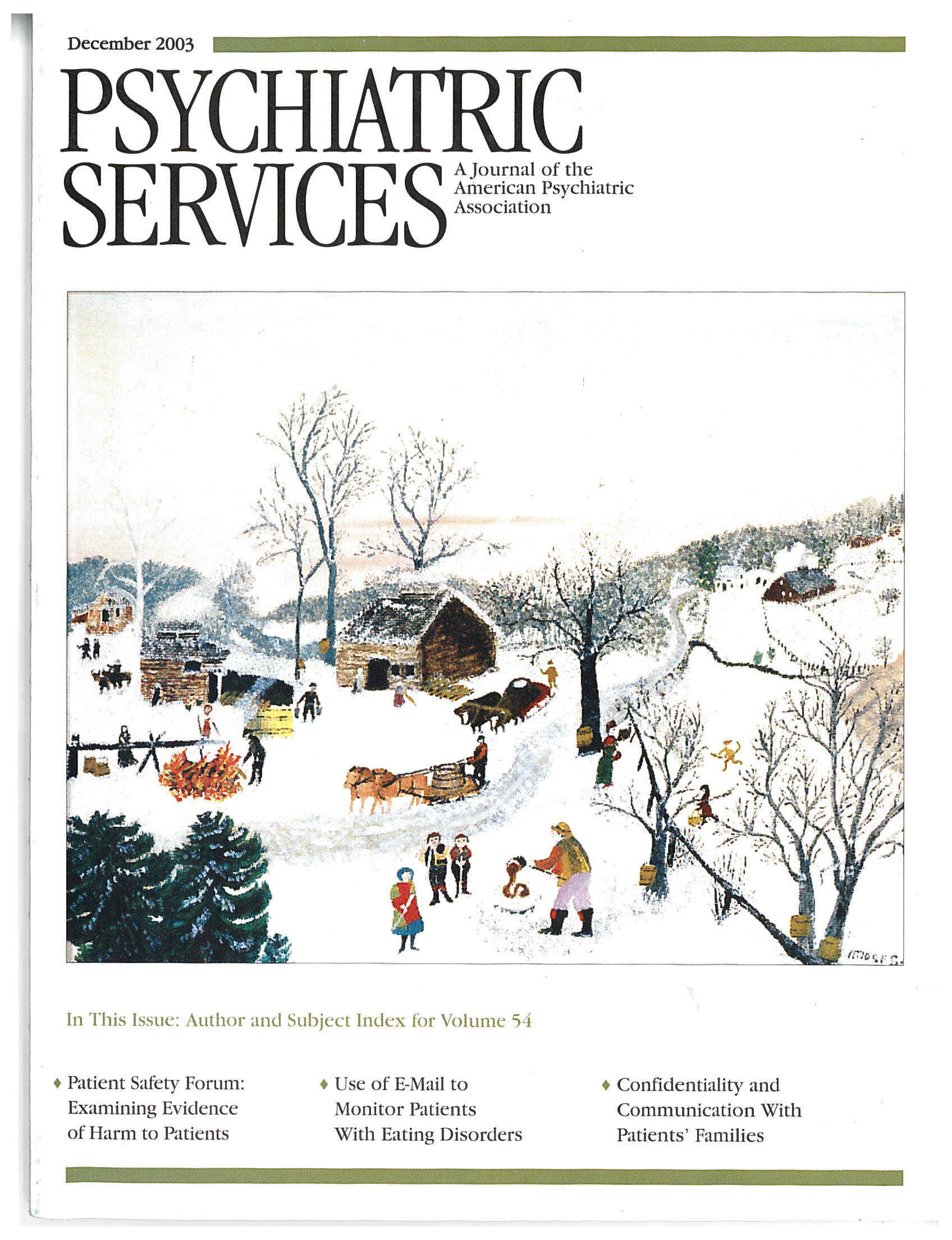Seizure
With the debate over stem cell research and latter-day abortion politics at its core, Robin Cook's newest medical thriller draws out a plausible—okay, possible—scenario to immediately demonstrate the many facets of this new frontier.
At center stage are Daniel Lowell, M.D., Ph.D., stem cell researcher and would-be entrepreneur, and southern senator Ashley Butler, crafty right-leaning Democrat, adept at power politics but threatened by his newly diagnosed Parkinson's disease. Lowell's dream of wealth and celebrity are likewise threatened by Butler's efforts to ban his therapeutic cloning technology. The intersection of these two threats creates an opportunity for these two characters to meet their colossal needs, assuming their respective ethics and "traditional values" can become temporarily indisposed, each with ample justification.
Ambivalently adjoined to the Faustian pact that emerges are two Cassandras: Lowell's scientific and personal partner, Stephanie D'Agostino, Ph.D., and Butler's political assistant, Carol Manning. D'Agostino's discomfort mounts along with the ethical compromises Lowell feels compelled to make, and the actions of these characters give readers the feeling of watching the lead actors in a horror movie deciding to "check out the basement." Sometimes all you can do is shake your head.
Manning finds her concern for her long-time employer's health blunted by her own burgeoning political ambitions for Butler's senate seat. How hard should she try to save his life?
This novel contains endless turns to twist the plot. "Investment" money is provided by D'Agostino's brother's mob connections, who don't like to lose and who apply the heat. There is the whimsical grandiosity of Butler's requirement that his defective substantia nigra be repaired with DNA purportedly from the staining of the all but unreachable Shroud of Turin with Christ's blood. And the dangerously crass Wingate Fertility Clinic, resurrected from another Cook novel, Shock, plays the pivotal role in Butler's therapeutic cloning procedure.
Cook does a credible job of going a layer or two below the surface psychologically, although readers may find themselves wishing that D'Agostino would focus less on Lowell's sexist slips and more on the enormous hubris that drives his ambition and paralyzes her objections. Psychotherapists may cringe at the miscommunications, especially in the D'Agostino family, but it's hard not to relish Cook's exposé of power, greed, and narcissism.
As usual, Cook gets the science just right. We comfortably learn about both the science and the politics of therapeutic versus reproductive cloning as well as more than you could ever imagine about the Shroud of Turin and about the Catholic bishops and priests who preserve it. As a medical thriller, Seizure has the successful elements of suspense and rapidly shifting twists of plot and turns of fortune. The "don't go through that door" plot tricks become almost predictable, but what's a thriller for if you can't occasionally see it coming? With mobsters and mitosis, egos and ethics, politics, polemics, and miracles, Master Cook has again stirred up a stew of a cautionary tale.
Dr. Backlund lives in Anacortes, Washington.



